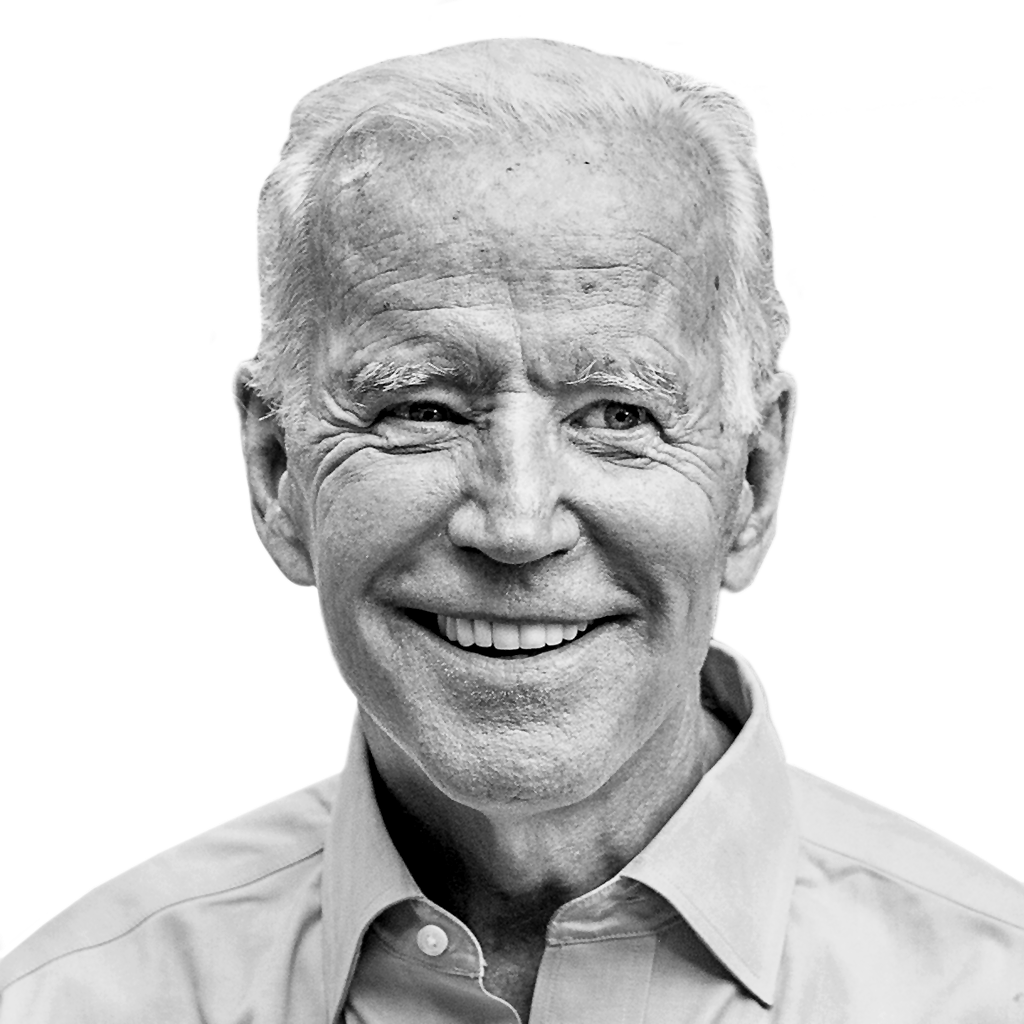Advertisement
Mr. Steyer, a billionaire running for president, rents his campaign headquarters in South Carolina from a daughter of the state’s most powerful Democrat, Representative James Clyburn.

As he courts voters across South Carolina, Tom Steyer, a billionaire businessman running for president, has lavished money on the black community — employing black-owned businesses, hiring African-Americans for his staff and buying ads with black-owned news organizations.
But as he tries to forge connections with the black community, some of Mr. Steyer’s transactions have drawn increased scrutiny, and prompted suggestions that he is trying to wield influence through his spending.
That spending, recently filed campaign finance documents show, includes commercial rent payments to a company owned by Jennifer Clyburn Reed, a daughter of James E. Clyburn, the longtime Democratic congressman whose endorsement is considered a seal of approval for candidates hoping to win the state’s critical African-American vote.
Since October, the Steyer campaign has paid more than $40,000 to the company, 49 Magnolia Blossom L.L.C., for rental of its state headquarters office in Columbia, according to the documents submitted by the Steyer campaign. The property is owned by Ms. Reed and her husband, Walter A. Reed.
Mr. Clyburn, an influential lawmaker in Washington and South Carolina, has kept the political world in suspense over whom he would endorse in the Democratic primary race. He said on Sunday that he would announce his decision on Wednesday.
Many Democrats expect him to support former Vice President Joseph R. Biden Jr., his longtime Washington colleague. But Mr. Clyburn has also heaped praise on Mr. Steyer and his financial might.
“I think Steyer is doing an incredible job,” Mr. Clyburn said in a CNN interview. “I’ve always said, money is a mother’s milk of politics. He has money and is spending it. And so I think that will always make a difference.’’
There is no indication that the rental agreement has led Mr. Clyburn or his daughter to show political favor to Mr. Steyer. But it is the type of arrangement that has been criticized as unseemly by some Democrats in South Carolina. Beyond business transactions, both Mr. Steyer and Senator Bernie Sanders of Vermont have also placed influential black lawmakers on their campaign payrolls as advisers.
Mr. Clyburn’s office referred questions about the lease to Ms. Reed, saying the arrangement “doesn’t involve the congressman.”
Ms. Reed, a longtime educator who has been mentioned as a possible successor to her father in Congress, said she found the suggestion that there was anything inappropriate about her leasing to the Steyer campaign “disturbing.”
“I’m an adult,” Ms. Reed said in a telephone interview on Sunday. “There is no connection. My father has his business and I have mine. We do not vote the same way.”
Mr. Steyer’s campaign also defended the decision to rent from Ms. Reed.
“As a grass-roots organizer, Tom’s made a commitment to hire local organizers who understand their communities and invest in local businesses and organizations to leave something behind after the campaign moves on,” said a statement released by Mr. Steyer’s spokesman, Benjamin Gerdes. “The question isn’t why Tom is doing this,” the statement added. “The real question is, Why isn’t every other candidate doing it?”
Polls suggest that Mr. Steyer’s aggressive courtship of black voters has helped his candidacy, with a CBS poll on Sunday showing he is the favorite of 18 percent of Democratic primary voters in South Carolina, a state regarded as a must-win for Mr. Biden. That puts Mr. Steyer in third place behind Mr. Biden and Mr. Sanders.
Some voters have said Mr. Steyer’s gain has come at the expense of Mr. Biden, in some cases after hearing Mr. Steyer’s unqualified statements of support for slavery reparations and his pledge of $125 billion — more than any other candidate — to historically black colleges and universities.
Black voters make up about 60 percent of the Democratic electorate in South Carolina, which will be the first state in the primary race so far where they will have the chance to make a major difference.
Mr. Steyer’s campaign spending in South Carolina’s black community is the result of a “formula” prescribed by Johnnie Cordero, the leader of the state Democratic Party’s black caucus, Mr. Cordero said during an interview in January.
In addition to following Mr. Cordero’s suggestions by holding events at African-American venues and hiring black vendors, Mr. Steyer’s campaign has placed influential black lawmakers on his campaign payroll as advisers — as has Mr. Sanders, the front-runner in the primary race.
One South Carolina lawmaker and Biden supporter, State Senator Richard A. Harpootlian, hinted in early February that Mr. Steyer received the endorsement of Representative Jerry N. Govan Jr., the leader of the South Carolina legislative black caucus, because he had put Mr. Govan on the campaign payroll.
The allegation drew a rebuke from members of the state legislature’s black caucus, who called it racist, as well a rebuttal from Mr. Govan, who accused Mr. Harpootlian of mudslinging. The Steyer campaign described Mr. Govan as a trusted adviser.
But Mr. Steyer’s approach has drawn rebukes from some other South Carolina Democrats.
“To me, the Steyer campaign is throwing around money in an unproductive and not OK manner,” Brady Quirk-Garvan, the former chairman of the Charleston Democratic Party, who had been a supporter of Senator Cory Booker of New Jersey, said on Sunday. Mr. Quirk-Garvan added that Mr. Steyer’s payments to lawmakers “seem to me like a payoff.” His comments were first reported by The Post and Courier, a newspaper in Charleston.
Addressing reporters on Sunday night after his appearance in Yemassee, S.C., Mr. Steyer said: “We are paying people for actually going out and doing outreach. And that’s how grass roots work, and the idea that if in fact it’s black people, somehow it’s become corrupt, I don’t accept that.”
Mr. Steyer and his wife, Kat Taylor, have been welcomed in Columbia, where many residents view the wealthy California couple as potential benefactors. Ms. Taylor has temporarily moved to the city and has been holding small gatherings at her home.
His spending has not been without controversy. Allegations of vote-buying involving Mr. Steyer cropped up on social media last week, after the pastor of Brookland Baptist Church, one of the largest black churches in the state, announced during Sunday services that the church planned to apply for a grant from a charitable foundation established by Mr. Steyer and Ms. Taylor.
The pastor, the Rev. Charles B. Jackson Sr., said the money was needed to renovate a church-owned center that provides after-school and athletic programs for children. That same day, Ms. Taylor was scheduled to hold a campaign event at the church. The campaign has said that the couple have stepped away from their foundation during the race. Mr. Jackson could not be reached for comment.
Mr. Steyer and his wife have also come to the aid of Optus Bank, a majority-black-owned bank in Columbia. Optus has received a $1 million deposit from Beneficial State Bank, an institution based in Oakland, Calif., and founded by Mr. Steyer and Ms. Taylor that makes loans in underserved communities and to nonprofit organizations. A son-in-law of Mr. Clyburn, Cecil Hannibal, serves on the bank’s board of directors, according to Dominik Mjartan, Optus’s president.
In an interview, Mr. Mjartan said the deposit came in 2017 — well before Mr. Steyer became a presidential candidate — after he requested assistance from Beneficial State to help his bank stay afloat.
“The bank was in financial distress,” Mr. Mjartan said, adding that he knew Ms. Taylor through her work in community banking. “This is an apolitical effort to make sure that capitalism works for everybody regardless of their ZIP code,” he said.
Ms. Reed said that, like the bank, she and her husband had been working to improve the Columbia community; in August they decided, through their company, to buy two blighted buildings on Gervais Street that were in foreclosure.
Shortly afterward, Ms. Reed said she learned that the Steyer campaign was looking for office space. “Their first contract fell through,’’ she said. “They needed some place stat.”
Ms. Reed said she hurriedly renovated the offices, where squatters had been living.
Since October, the Steyer campaign has paid $40,000 in rent for the first floor of one of the buildings plus $2,381 for utilities and service fees.
Ms. Reed, one of three daughters of Mr. Clyburn and his deceased wife, Emily, is the director of the Center for Education and Equity for African American Students at the University of South Carolina. She has been active politically in the state and is frequently mentioned as an heir to the House seat held since 1993 by her 79-year-old father.
Ms. Reed has recently posted statements on Facebook suggesting that she would support Mr. Biden, saying a “proven leader” is necessary in the White House: “He knows the job, the lay of the land. He goes to church and worked for his money. His wife, a college professor, is WONDERFUL. He has quirks, yes. Can u ? his heart, no.”
In the meantime, Mr. Steyer’s largess in the state continues to prompt new petitions for financial help. Thomas Jenkins, a member of the Jasper County Planning Commission, made a plea for money to Mr. Steyer during the campaign event in Yemassee on Sunday night.
Mr. Jenkins said he was hoping that Mr. Steyer would help his community restore the building that once housed Jasper High, the all-black school Mr. Jenkins graduated from in 1970, the last class before it closed. “We just need the funds to fix it,” Mr. Jenkins said.
Mr. Steyer was noncommittal in the specific request but said he had plans to return to South Carolina “win, lose or draw.”
-
-
- See detailed results and maps that show how Bernie Sanders dominated. He finished with more than double the delegates of his nearest rivals.
-
-
- Learn more about the Democratic presidential contenders.

Joe Biden

Michael Bloomberg

Pete Buttigieg

Tulsi Gabbard

Amy Klobuchar

Bernie Sanders

Tom Steyer

Elizabeth Warren
-



